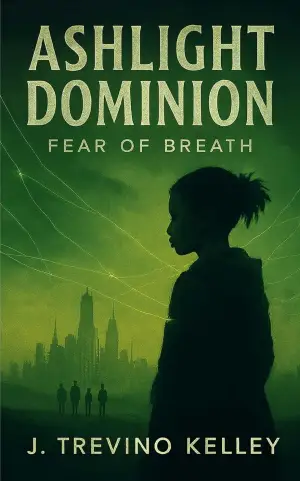As a dedicated fan of thrillers, I was eager to dive into John Grisham’s “The Whistler.” With its promise of intrigue and moral quandaries set against the vibrant backdrop of Florida, the book sounded like it would be an engaging exploration of judicial corruption—a theme that resonates through many of Grisham’s works. Given Grisham’s reputation as a master of legal thrillers, I expected nothing short of a captivating read.
Lacy Stoltz, an investigator for the Florida Board on Judicial Conduct, is tasked with uncovering corruption amid a system we trust to uphold justice. The story hooks you from the outset, as Lacy becomes embroiled in a case involving a disbarred lawyer revealing a judge who has allegedly stolen an astonishing amount of money—more than all crooked judges in history combined. The tension ramps up when Lacy realizes that not only is this investigation troublesome, but it also carries dangerous implications.
One element I found particularly rewarding was Grisham’s ability to craft well-rounded characters. Lacy, over her nine-year tenure, evolves into someone reflective and relatable, aware that most judicial issues stem from incompetence rather than outright corruption. Despite mixed reactions from other readers—such as Lorraine V. Murray, who felt Lacy lacked depth— I appreciated the character’s complexity and her moral struggle throughout the narrative.
Moreover, the plot is packed with unexpected twists that keep you on your toes. Many readers, like Geof, praised it for being a fast-moving tale with real-life implications in Florida. I concurred; the pacing of the latter half was compelling, making it tough to put down. The investigation interweaves intricacies surrounding judicial corruption and the underbelly of legal systems, presenting an authentic picture of what could happen behind closed doors.
However, the book does have its drawbacks. Some early sections felt drawn out, as noted by Anita, who believed that Grisham disclosed too much information prematurely, making the resolution feel somewhat predictable. While I didn’t find this overly problematic, I did sense that there were moments where the build-up could have been more suspenseful. Although the epilogue tied up loose ends nicely, I could see how readers yearning for a traditional page-turner might feel somewhat unsatisfied by the book’s overall pacing.
Another point raised by readers was the lack of significant courtroom drama, which is often a hallmark of Grisham’s storytelling style. Ronald H. Clark pointed out that the absence of a climactic courtroom showdown felt atypical. As a reader who enjoys litigation drama, I too wished for a bit more of that familiar tension, especially given the legal context of the story. Yet, this deviation gave the book a different flavor, allowing for a more profound exploration of the motivations and moral conflicts facing the characters rather than centering the action solely in a courtroom.
In summary, “The Whistler” lives up to its label as a #1 New York Times bestseller. While it may deviate from the fast-paced, adrenaline-pumping courtroom battles typically associated with Grisham, it offers a well-rounded narrative rich with character development and real-world implications. The exploration of judicial corruption is timely and engaging, and despite some initial pacing issues, it delivers an enjoyable read.
I would certainly recommend it, especially to those who appreciate thought-provoking thrillers that emphasize character over spectacle. It’s a novel that encourages reflection on the workings of justice, and for that, it deserves a solid rating of 4.5 stars. If you enjoy Grisham’s work, you will likely find “The Whistler” to be an enriching addition to your collection.








